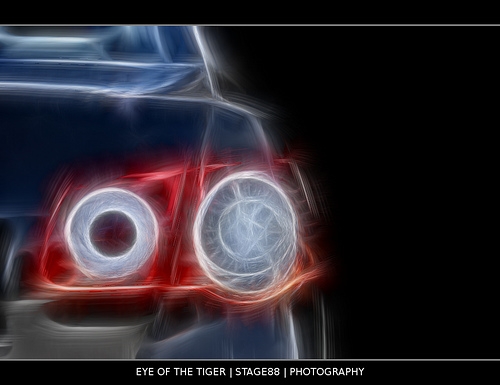
Though in production since 1979, the Golf's big brother Jetta has only recently been blessed with a Turbo. Generally reliable, this engine has seen more than 800 horsepower on a stock block, and more than 400 with stock internals. However, even Achilles had his heel, and VW's Turbo Wonder does have its share of issues. Most of this this car's faults lie in the chassis, and are fairly easily (if not cheaply) addressed.
One persistent problem on newer cars is a mystery misfire, particularly on start-up. Though usually not severe enough to notice in driving, this random engine misfire is enough to upset the computer and trigger a "check engine" light. This problem is endemic enough to the Jetta Turbo that one might think it would be diagnosed by 2009, but the cause remains a mystery. VW says that (more than likely) it is due to an over-sensitive knock sensor, in which case there is no actual misfire. Some Jettas are known to stall randomly. The general consensus is a defective Mass Air Sensor, but bad coils have been detected from time to time.
One of the few actual failures experienced by Jetta owners is in the intake manifold runner control. The IMRC is a stepper-motor and computer that connects to a series of valves on a common shaft. These valves are set to open when the car reaches a certain RPM, and allow the engine to breathe in through shorter intake runners for greater top-end power. The IMRC has been known to go bad on Jettas, and can be expensive to fix, but fear not: disconnecting it completely and wiring open the valves with a piece of wire will solve the problem, but this may lead to a slight loss of low-end torque.
One of the most commonly reported problems with Turbo Jettas may one day be a matter of recall. VW intentionally casts the Jetta's brake rotors thin to save weight, which is great for performance but bad for longevity. Brake rotors can routinely see four-digit temperatures, and the thin VW units are simply not capable of absorbing and dissipating it before warping occurs. VW rotors typically last no more than 50,000 miles, and that's after machining them back into tolerance twice.
There are few cases where the aftermarket must be called in simply to address an engineering error on the part of a manufacturer, but this is one such occasion. When it comes time to replace your rotors, consider upgrading to thicker aftermarket slotted rotors to better dissipate heat. Brembo and Rotora are popular choices, and at $106, EDC's slotted rotors are actually a bit cheaper than stock replacements.
1999 to 2002 Volkswagen Jettas are well known to have faulty plastic glove-box retainers. For those inclined to look, it's not hard to spot an otherwise pristine 2001 Jetta with its glove-box door yawning open. Unfortunately, this can be a difficult and expensive fix, since it requires disassembling quite a bit of the dashboard. Consider using some two-sided tape to shut door, and start using the door pockets for storage.